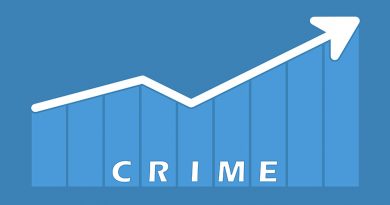Browne details how some of CDB loan will be disbursed, while speculation surrounds how balance will be spent
The Government has outlined how some of the EC$67 million borrowed from the Caribbean Development Bank (CDB) will be spent.
Prime Minister Gaston Browne says at least $13.8 million will go towards education, housing and the payment of pensions, and The University of the West Indies Five Islands Campus is earmarked to receive $2 million.
National Housing will be receiving $1.8 million to assist in preparing temporary housing for Booby Alley residents who have been displaced, in order to make way for a new housing project in The Point.
And, as previously announced, Social Security will get $10 million to pay pensions for September and October.
However, how the balance of the money will be spent has not been disclosed.
In September, Antigua and Barbuda was approved for a US$25 million loan from the CDB to counter the COVID-19 economic fallout and to support recovery efforts.
The loan was said to be aimed at achieving three goals: strengthening health-emergency preparedness and response capacities; bolstering social safety nets for vulnerable citizens; and enhancing economic and fiscal frameworks for recovery after the pandemic.
However, anxious citizens tell REAL News they fear that loan funds will be deployed into re-election efforts by the Browne Administration , particularly during the upcoming holiday season.
The United Progressive Party Candidate for Rural North, Pearl Quinn Williams, articulated these concerns on Observer Radio on Thursday night, saying she has heard that plans for “double salaries” in December, among other largesse, are in the works.
The country has been heavily impacted by the pandemic, with public revenues dropping drastically due to disruptions to the tourism sector, the country’s main economic earner.
Antigua and Barbuda’s Gross Domestic Product (GDP) reportedly contracted by 16% last year, when compared with 2019.
Other economic fallout includes real income per capita which decreased significantly last year — by 18.5%.




